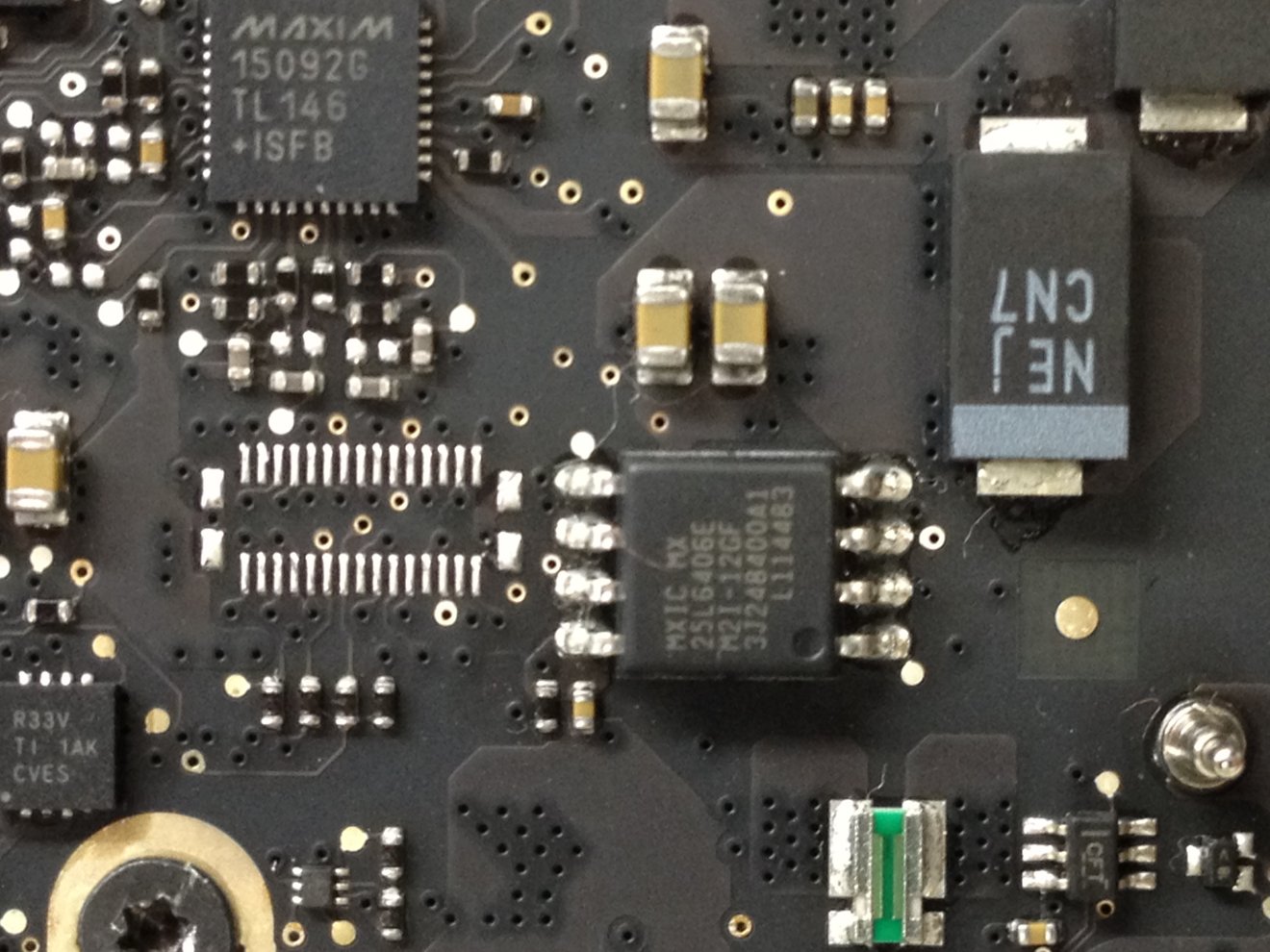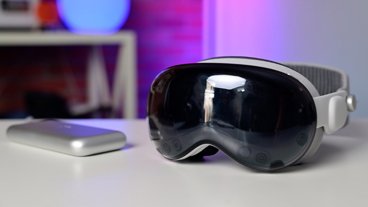Apple's Mac EFI found vulnerable to bootkit attack via rogue Thunderbolt devices
At next week's Chaos Communication Congress in Germany, a researcher will demonstrate a method in which a malicious actor could use a specially-crafted Thunderbolt device to inject a bootkit — which could survive nearly any attempt to remove it — Â into the EFI boot ROM of any Mac with a Thunderbolt port.
The attack, discovered by researcher Trammell Hudson, takes advantage of a years-old flaw in the Thunderbolt Option ROM that was first disclosed in 2012 but is yet to be patched. In addition to writing custom code to the boot ROM, Hudson will also show a method by which the bootkit could replicate itself to any attached Thunderbolt device, giving it the ability to spread across even air-gapped networks.
Because the code lives in a separate ROM on the logic board, such an attack could not be mitigated by reinstalling OS X or even swapping out the hard drive. In the abstract for his presentation, Hudson also notes that he could replace Apple's own cryptographic key with a new one, preventing legitimate firmware updates from being accepted.
"There are neither hardware nor software cryptographic checks at boot time of firmware validity, so once the malicious code has been flashed to the ROM, it controls the system from the very first instruction," he wrote. "It could use SMM and other techniques to hide from attempts to detect it."
Vulnerabilities at such a low level are particularly troubling, as they are difficult to detect and can do significant damage. One previous demonstration of EFI hacking laid out a manner in which full-disk encryption systems such as Apple's FileVault could be bypassed with a bootkit, for instance.
Though Hudson's attack does require physical access, its ability to spread through other Thunderbolt devices makes it nonetheless quite dangerous. Users have a propensity to plug small, shared devices — such as display adapters — into their computers with little thought.
Hudson will take the stage to present his findings on Dec. 29 at 6:30 p.m. local time in Hamburg, Germany.
 Sam Oliver
Sam Oliver











 Malcolm Owen
Malcolm Owen
 William Gallagher and Mike Wuerthele
William Gallagher and Mike Wuerthele
 Christine McKee
Christine McKee
 William Gallagher
William Gallagher

 Marko Zivkovic
Marko Zivkovic









